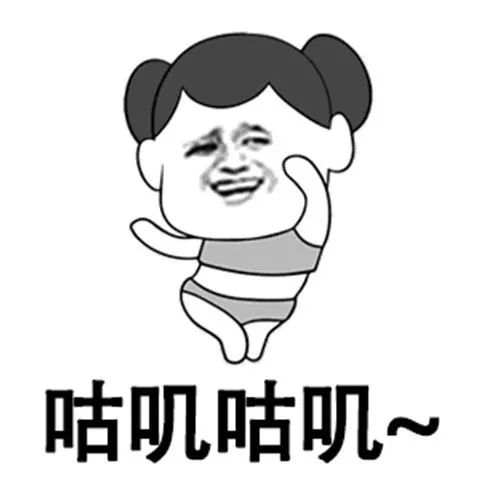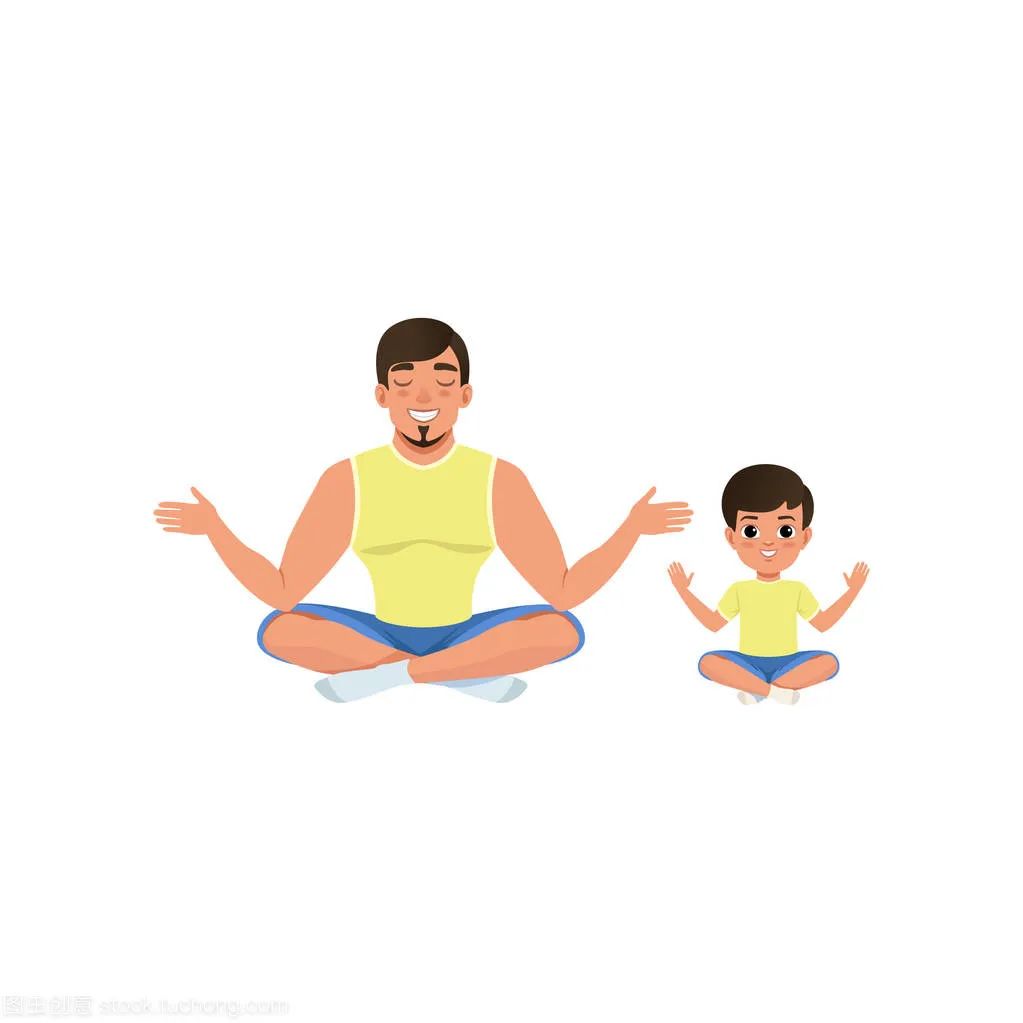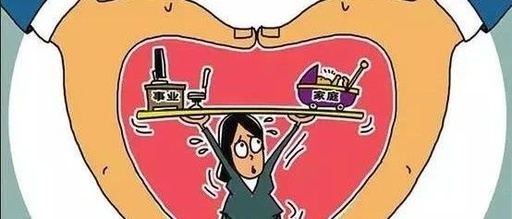
Characteristics of a Harmonious Constitution


Another characteristic of a harmonious constitution is emotional stability, moderate expression of the seven emotions, and a stable personality. In this peaceful emotional and personality environment, the internal organs (五脏六腑, wǔ zàng liù fǔ) are not disturbed by external emotional fluctuations, allowing individuals to work efficiently and joyfully, leading to longevity. The Huangdi Neijing has long pointed out that the physiological lifespan of a person can reach nearly 120 years. Modern biomedical research has also confirmed this from several aspects, such as biological lifespan being six times that of the youth development period. If we consider 20 years as the period of human development and maturity, six times that is indeed 120 years.


On this planet, almost all animals can enjoy their natural lifespan, such as dogs living over 12 years, often passing away without illness. However, humans, the most intelligent beings, rarely live to the age of 120, primarily due to our thoughts and excessive emotional desires. While we transform and enjoy the world, we pay the price of our lifespan.


Therefore, to some extent, maintaining stable emotions (the foremost of the four pillars of health) is key to wellness. The reason why individuals with a harmonious constitution can “live to be over a hundred years old” is mainly because they can “remain calm and empty, allowing true qi (真气, zhēn qì) to flow; keeping the spirit inward, how can illness arise?”



Thus, one should not excessively indulge or be overly sensitive to emotions. Both excess and deficiency can cause significant emotional fluctuations, harming the internal organs. The Huangdi Neijing states, “Anger harms the liver, joy harms the heart, worry harms the spleen, grief harms the lungs, and fear harms the kidneys,” and explains that “joy calms the qi, anger raises the qi, worry knots the qi, grief disperses the qi, and shock disrupts the qi.” The result is the development of an imbalanced constitution, leading to excessive phlegm-dampness, stagnant fire, and blood stasis, ultimately resulting in physical changes such as tumors, arteriosclerosis, hypertension, diabetes, and chronic inflammation. In this sense, wellness begins with nurturing the spirit; when the spirit is calm and peaceful, health follows. Cultivating a harmonious constitution hinges on nurturing balanced emotions, which is psychological equilibrium.

A friend of mine is a typical example of a harmonious constitution. Born into a family known for longevity, he is tolerant of both cold and heat, has a body that is neither overweight nor underweight, possesses a gentle personality, and is energetic. He rarely catches colds, exercises moderately, can go without air conditioning in the summer in Shenzhen, and dresses lightly when going to the north. His lifestyle is regular, with normal bowel and bladder functions, and various medical indicators show no abnormalities, making him truly enviable. When asked about his family elders, most are still alive past ninety.




Zeng Qingming
Provincial Famous TCM Physician, City Famous TCM Physician
Former Director of Luohu District Traditional Chinese Medicine Hospital, Shenzhen
Chief TCM Physician, Professor, Doctoral Supervisor
Leading figure in modern clinical TCM in Shenzhen
Specializes in treating: Common and frequently occurring diseases in internal medicine, gynecology, andrology, geriatrics, otorhinolaryngology, and dermatology. This includes the “four highs” (high blood pressure, high blood sugar, high blood lipids, high uric acid), coronary heart disease, thyroid diseases (thyroid nodules, hyperthyroidism, hypothyroidism), bronchial diseases, tumor elimination (including polyps, cysts, hyperplasia, sclerosis, fibrosis, stones, lipomas, and other tangible masses), as well as insomnia (including anxiety and depression); gynecological issues such as infertility, menstrual disorders, habitual miscarriage, ovarian function decline, polycystic ovary syndrome, fallopian tube blockage, menopausal syndrome, and chronic gynecological inflammation; andrology issues such as male infertility, benign prostatic hyperplasia, and sexual dysfunction; geriatric issues such as senile brain diseases (dementia, post-stroke sequelae) and gastrointestinal diseases, with rich clinical experience!

Appointment Registration

